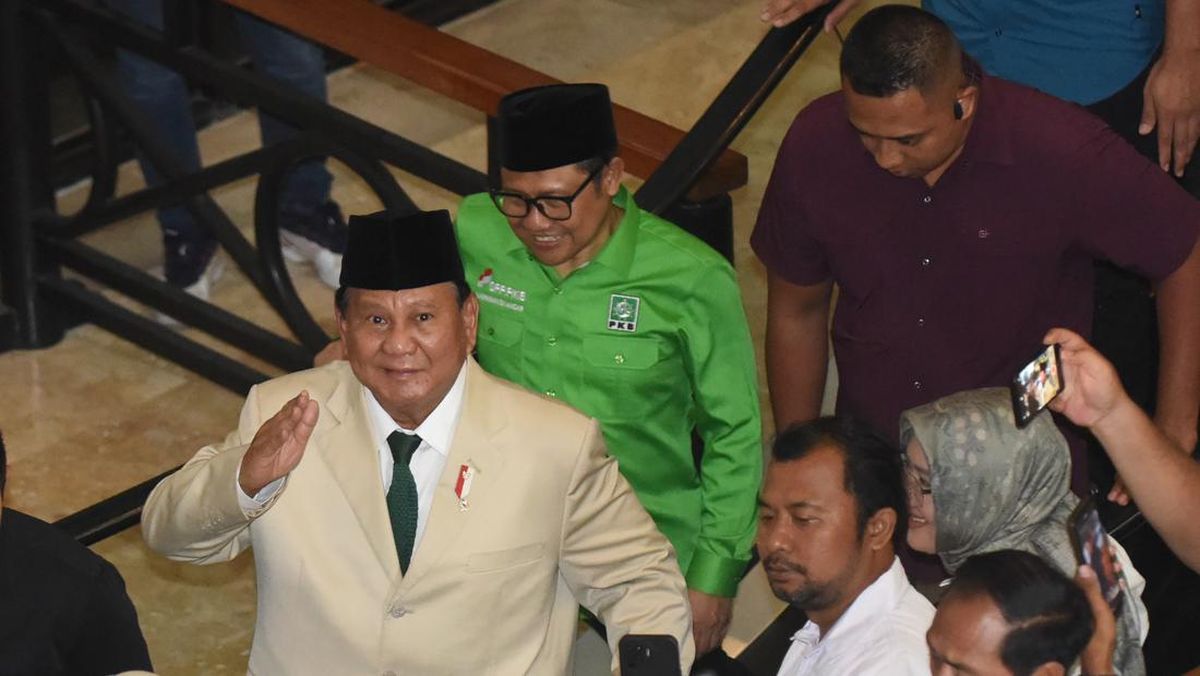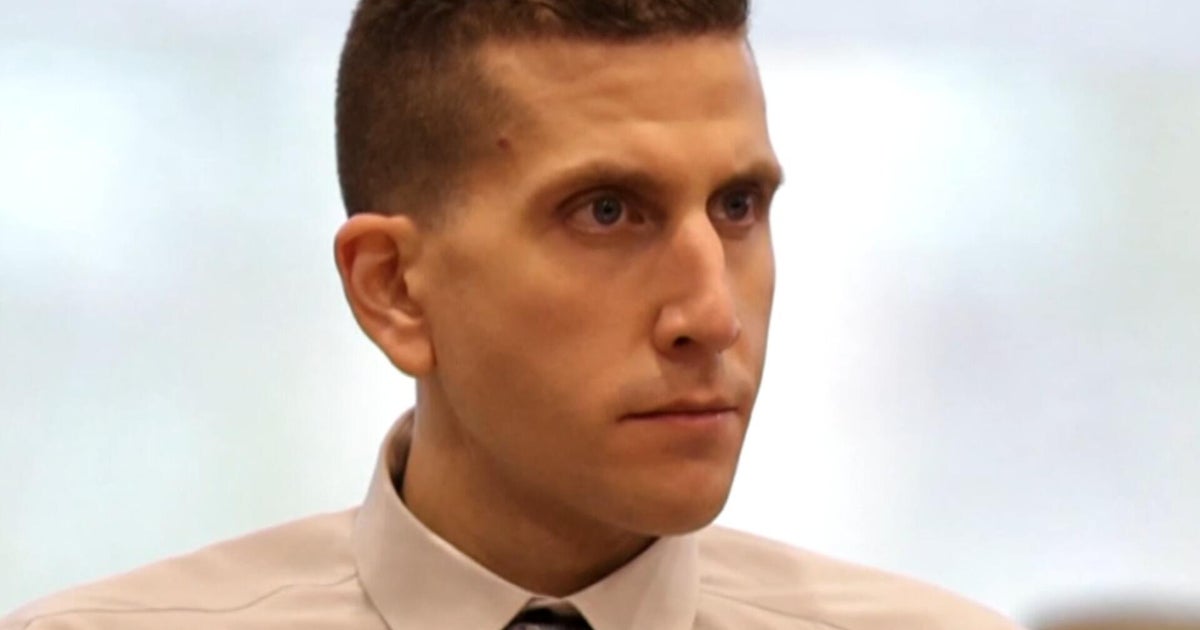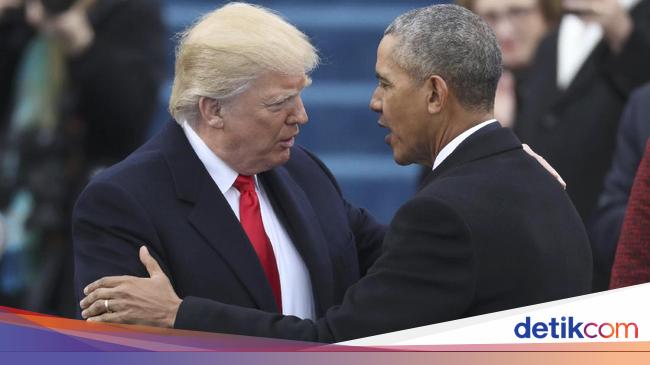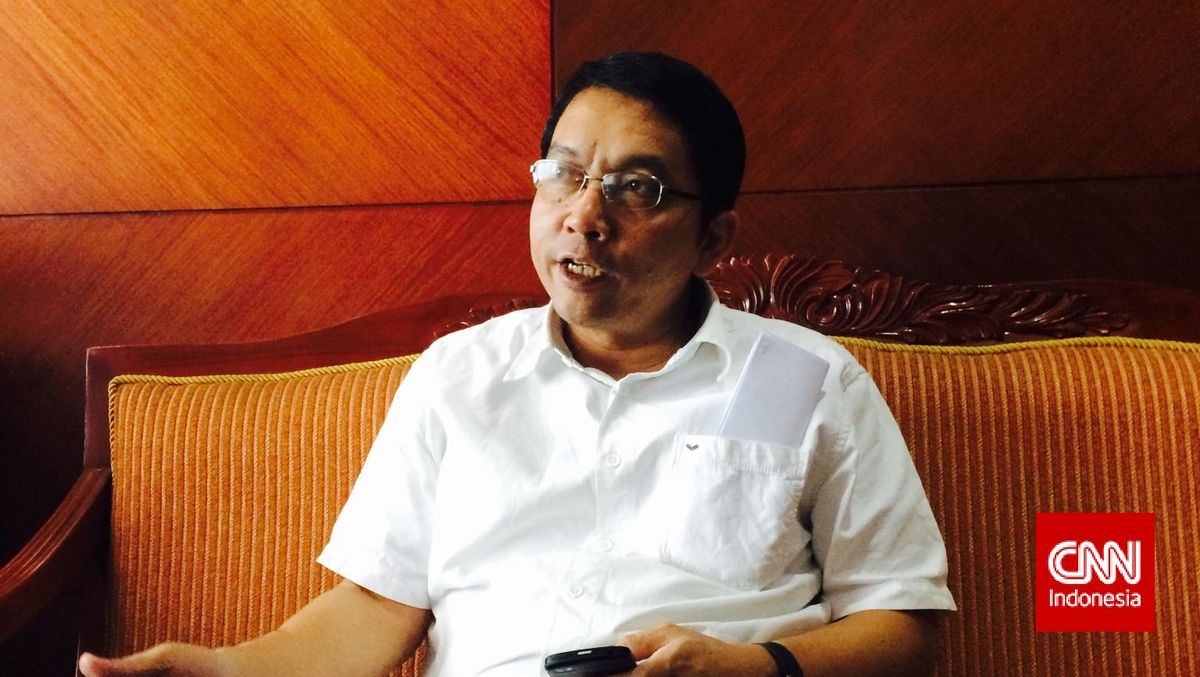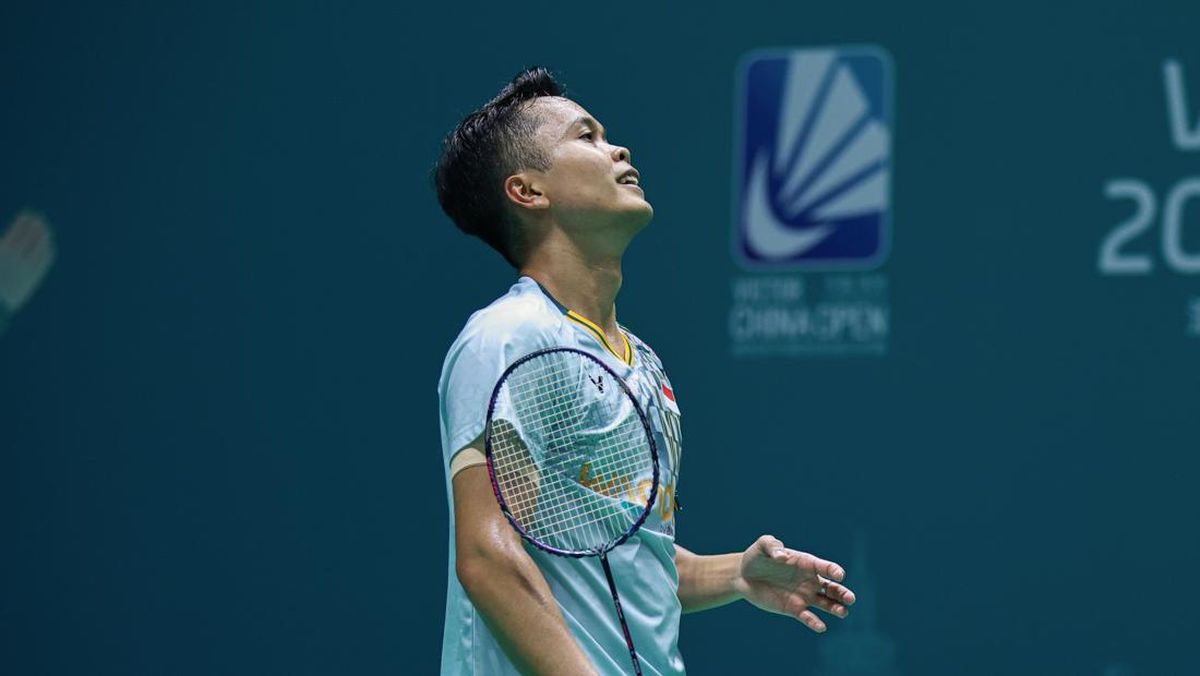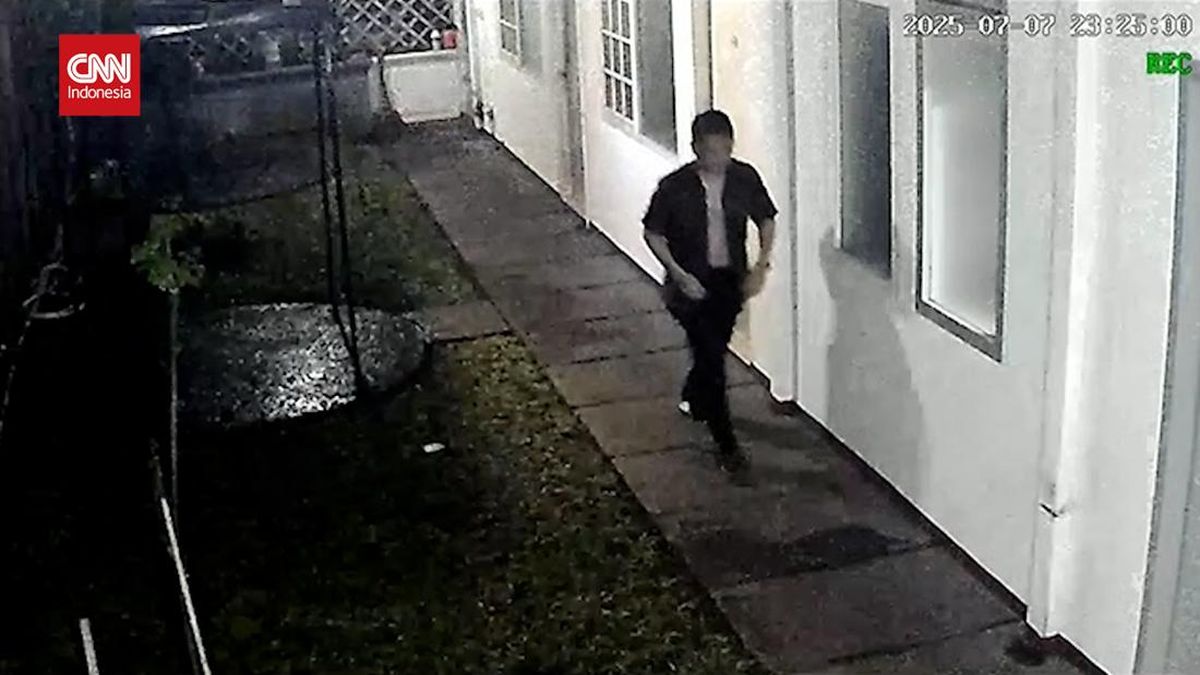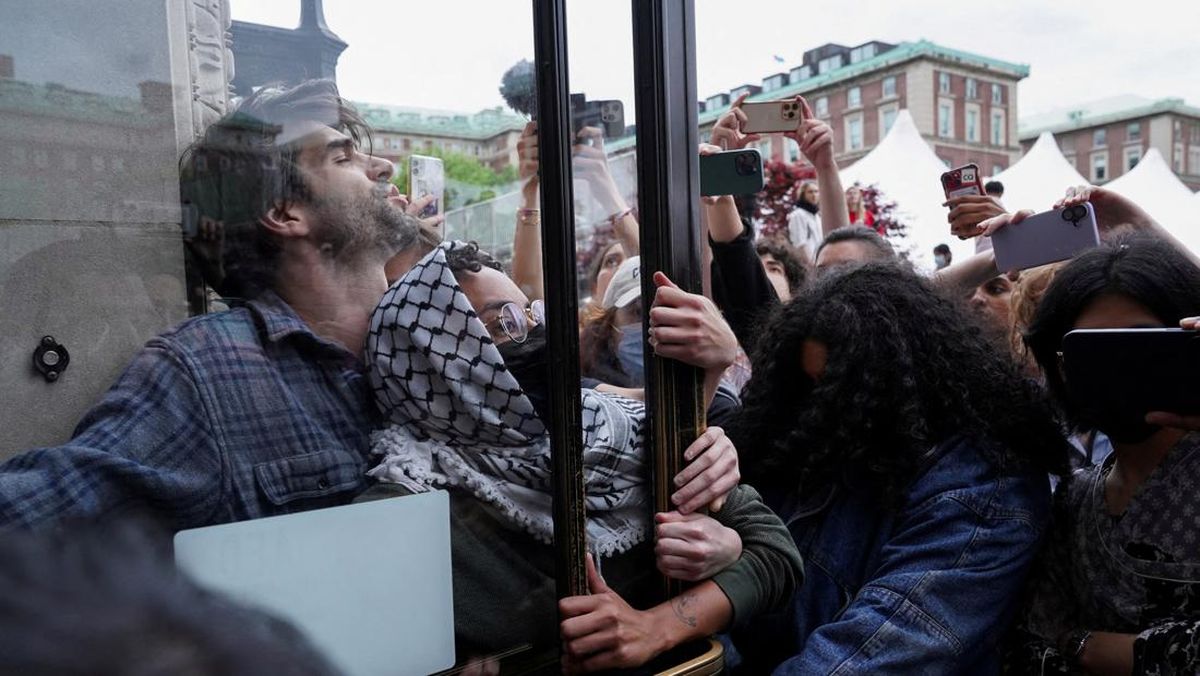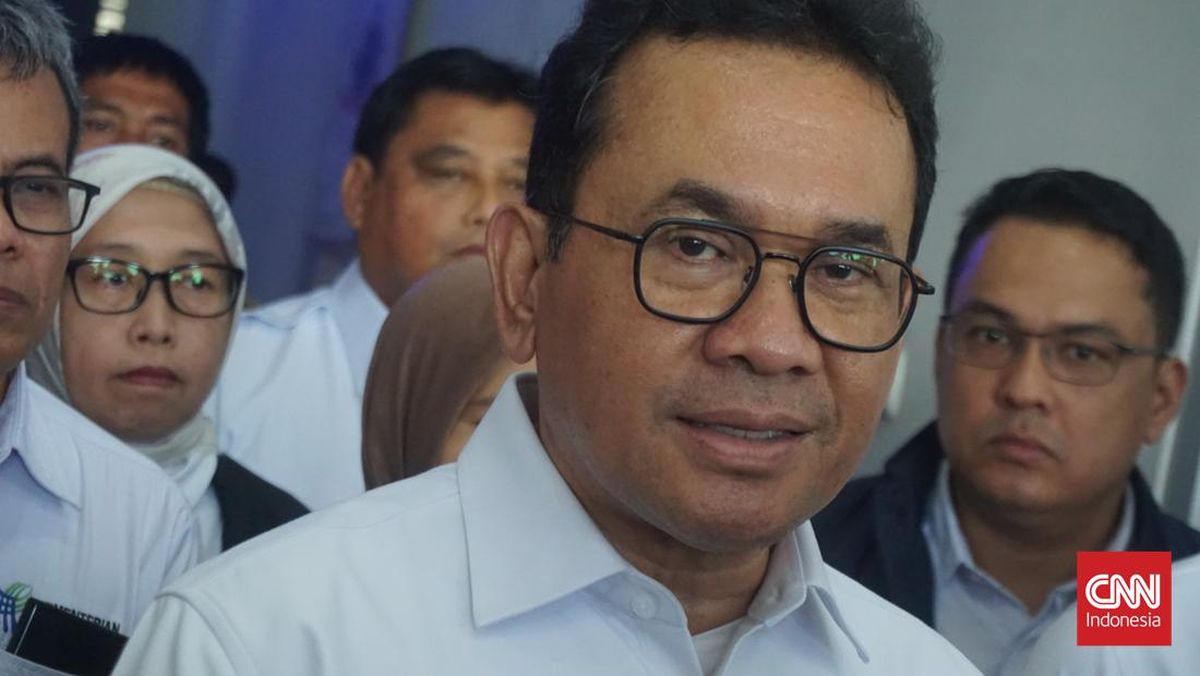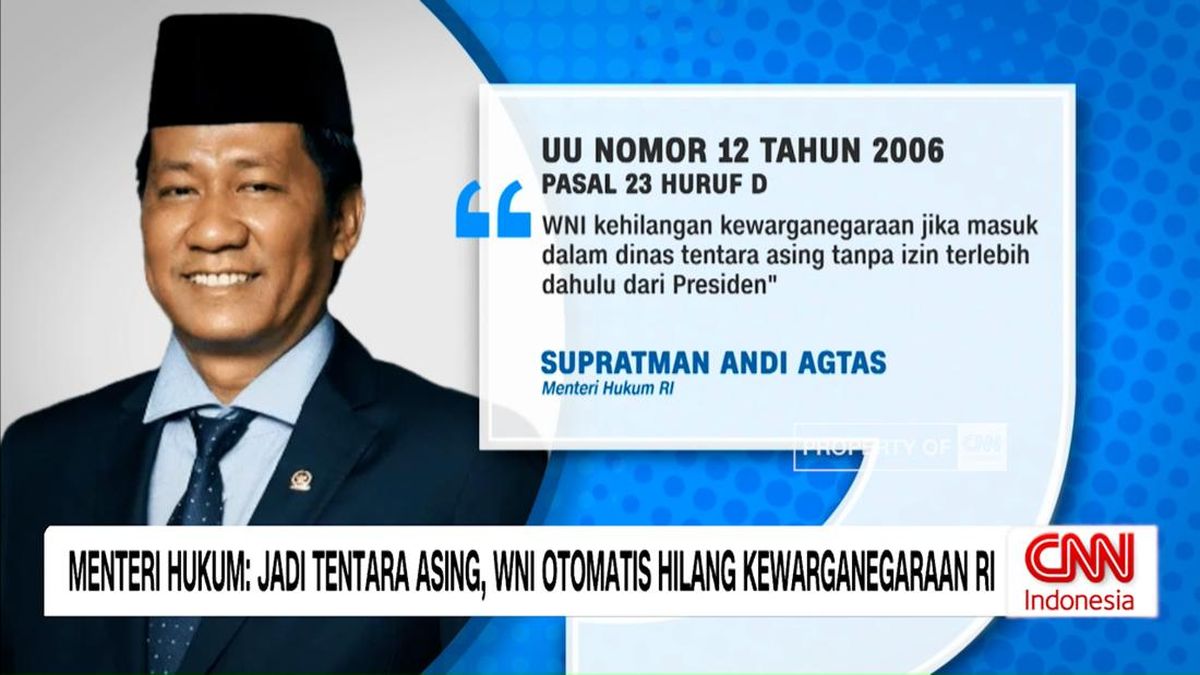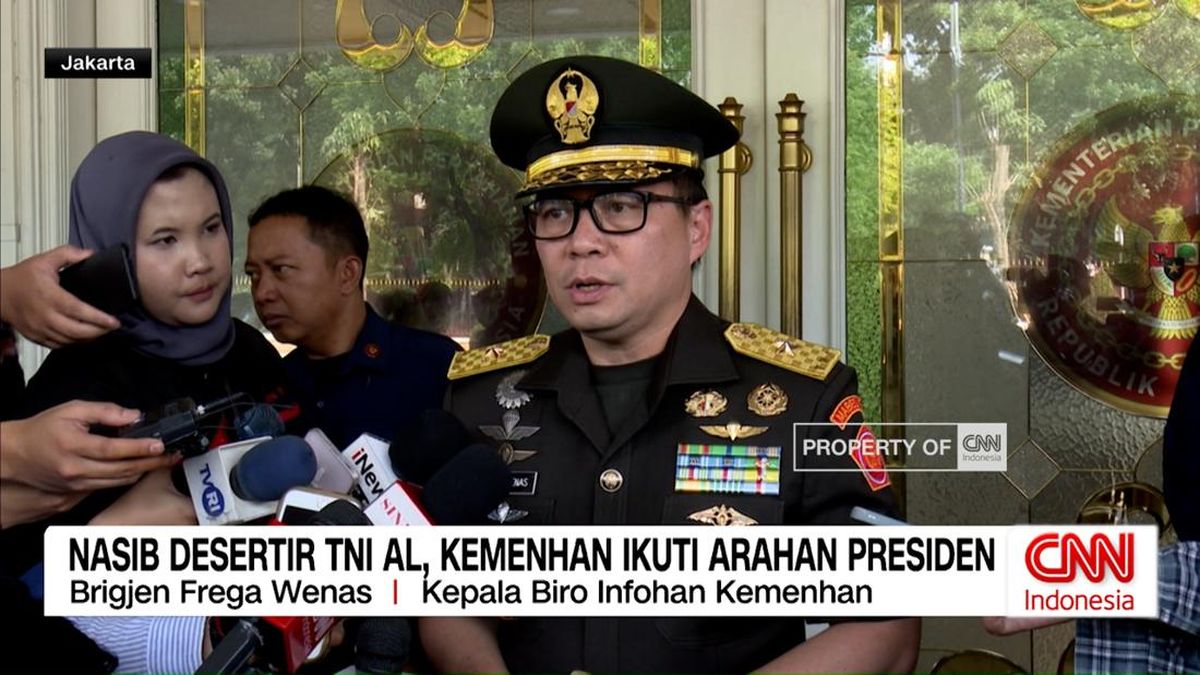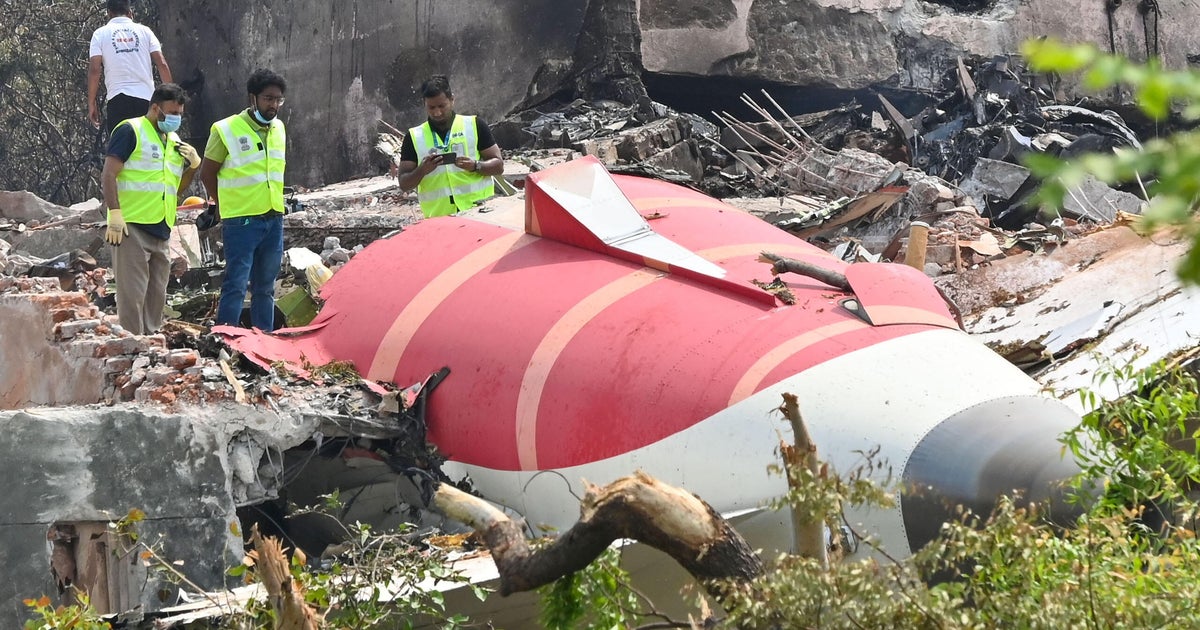Mapping out a plan detailing what to do if you go missing is not conventional prep for a holiday – but then Dagestan is not a conventional travel destination.
When Perth-based author Michelle Johnston learnt about the Republic of Dagestan on the southernmost tip of Russia, she fell in love with it. Home to 30 different ethnic groups and 80 nationalities, it’s part of North Caucasus region and shares a border with Azerbaijan and Chechnya.

Author and doctor, Michelle Johnston, safely home after her research trip to one of the world’s most dangerous countries.Credit: Tony McDonough
The latter provides a clue as to why Johnston had a few concerns for her and her husband’s safety ahead of their visit. Having managed to purchase Russian tourist visas – complete with a photo of her looking like an assassin – she thought they were on their way.
“Then my husband said, ‘We can go as long as we can get insurance’. And that’s when I really started looking into it. I found that actually, it’s on the DFAT ‘do not travel under any circumstances’ list. It’s under international sanctions: you can’t use money, you can’t use credit cards. It was actually voted the world’s most dangerous country in 2016, which is not that long ago. There’s kidnapping and murders and all sorts of things. But I was not to be stopped – I had this book and nothing was going to take it from me.”
The book is her latest novel, The Revisionists, set between Dagestan and New York. It explores two realities – that of the privileged, ultra-wealthy and those struggling to put food on the table under siege through no fault of their own - as well as issues of trust, memory and trauma.
“The idea of the book was a woman who’s had a lovely life, moneyed, quite satisfied, but has had a past: she has reinvented herself and told herself stories. And then it comes to a crunch, and somebody turns up from her past and says, ‘That’s not what happened’,” Johnston says.

Johnston and her husband Richard in Dagestan, which translates, aptly, as ‘land of the mountains’. Credit:
Dedicated to two journalists – Anna Politkovskaya, a Russian, and Marie Colvin, an American, both killed in their line of work– the novel also examines who gets to tell what stories and the saviour myth.
While passport control was “hairy”, Johnston says the trip went swimmingly; her obsession was well-founded, even prescient. The Dagestani were warm and incredibly welcoming, even though they often had very little; the women, who are the main focus of her book, were resilient, hard-working and spiritual.
“It was such an illuminating thing to go to this unbelievably foreign place. It’s 95 per cent Islamic and just everything was foreign about this place to me. And still, the connections, the similarities, the commonalities were so much greater than the differences. It was kind of this epiphany, or at least this sunburst of wonder that week, to be reminded that we have to get outside and talk to people and give people the benefit of the doubt sometimes. That sounds very trite...” she says, trailing off.

The Revisionists, the book Michelle Johnston wrote following her research trip.Credit:
Despite its history of devastating invasions and the push and pull of different regimes, armies, and nations, Johnston says they’re such an independent people. “It’s this cultural crucible, an absolute polyglot; each village along is as different as a different planet.”
Johnston works part-time as an emergency physician at an inner-city hospital, and her husband is a head and neck surgeon. “The rest of the time I write. It’s a compulsion,” she says. “I’ve always thought I had the soul of a writer and the heart of a poet, but I didn’t write for such a long time.”
“It just got to a point in my life where I have the brain space to be able to do it – all of this stuff that’s been welling up there for decades is now just pouring out onto the page. I actually feel uncomfortable if I’m not writing.
“I seem to have something that I needed to explore, I needed to understand. Writing them into fiction is the best doorway into understanding the human condition and those things,” she says. “And I’ve obviously been shaped by 35 years as a doctor, primarily in emergency, and seeing this huge spectrum of humanity, patients at their most vulnerable, these complexities. Just trying to understand humans and how they behave and why they make the decisions that they do, has been this compulsion: to try and start to scrape off the layers, it makes life more livable for me if I have a greater understanding of why things aren’t perfect, and why people do the things that they do, and particularly the things they do to each other and to themselves.”
The process helps her make sense of life. “It’s just my way of trying to navigate the world and make peace with this very complex, very messy, often very unkind and very traumatising world that we’ve made as humans.”
Loading
“When you’re forced to articulate [these thoughts] into sentences and paragraphs, something happens. Something happens in that alchemical transformation … this swirling anxiety about the world, I didn’t realise that’s why I was feeling this free floating rage or anxiety. I didn’t realise that’s what it was until I started to form it into ... language on paper. I was just in my brain doing what we all do, which is staying awake at night and not thinking productively, just ruminating rather than organising it.”
Working in an emergency department, Johnston has seen a broad cross-section of society; the concept of the lottery of life is writ large, every day. “It’s so fundamental to what we’re seeing at the moment, that idea,” she says. “Nobody chooses to get born where they are, with however much money and however much family and privilege. To ignore that as so fundamental to how our lives turn out, including the generations before us… it’s wildly stupid.”
“I don’t know if there is any better illustration than the US right now of exactly that – the individualism that ‘I merit everything because I’m a white man born in a certain time and anybody else does not deserve basic human rights’. It’s staggering. It’s so plain and obvious to most thinking human beings.”
Johnston’s second book, Tiny uncertain miracles, published in 2022, was set in the basement of the Royal Perth hospital, “this labyrinthine, ridiculous structure where there are doors that go nowhere … it’s just so fabulous, it’s actually almost magical”.

Johnston and husband Richard in Dagestan. Johnston says their week there was “a sunburst of wonder”.Credit: Courtesy Michelle Johnston
The story revolves around a scientist who works in the basement making proteins from bacteria, who comes in to discover that the bacteria have started making gold.
“It’s the story of the main character, the hospital chaplain, a man of God who believes in science – one of the lines is he would have been a great chaplain had it not been for God – and the scientist who reads his horoscopes and thinks he’s the chosen one. It could be alchemy or miracles, or whatever, that’s the vehicle for telling the story. It’s a little bit about fate and faith, free will, and the relationship between these two men.”
It’s a very different book to her latest. “I’ve learned a huge amount as a writer since then,” Johnston says. Her first book, Dustfall, published in 2018, explores running away, medical error, asbestos mining and corporate conscience – or lack thereof. Her next offering is different again, a non-fiction book about “the crazy, absurd wonders of the human body”. Written from an emergency medicine perspective, it’s “memoir adjacent”, she says. “It’s not memoir, but there’s lots of my experience in there – 35 years of emergency medicine and the wonders of the human body and the human when they’re under stress and trauma.”
‘It’s actually the small things every day that I know are more important: the kindness...’
Loading
Despite emergency medicine being an impressive vocation, Johnston is humble about it, saying she “just fell into it”. Working at the hospital brings her great joy. “I look back and couldn’t have asked for a more rewarding way to spend a few decades of my life. I get to actually make a difference; once in a while I get to do something fantastic. It’s actually the small things every day that I know are more important: the kindness, the taking time with the patient, the sitting on the end of the patient’s bed, the listening to them. You cannot overestimate the incredible power that those tiny moments have, far beyond saving lives,” she says.
“Everyone wants to talk about saving lives, which we do fairly rarely – we don’t kill people but when I’m intervening in a very melodramatic way, that’s low yield. It’s tiny moments every day,” she says. “That’s the thing that I’m going to take away when I eventually hang up my shackles. I will be prouder for that.”
The Revisionists (Harper Collins) is out now.
The Booklist is a weekly newsletter for book lovers from Jason Steger. Get it delivered every Friday.
Most Viewed in Culture
Loading



